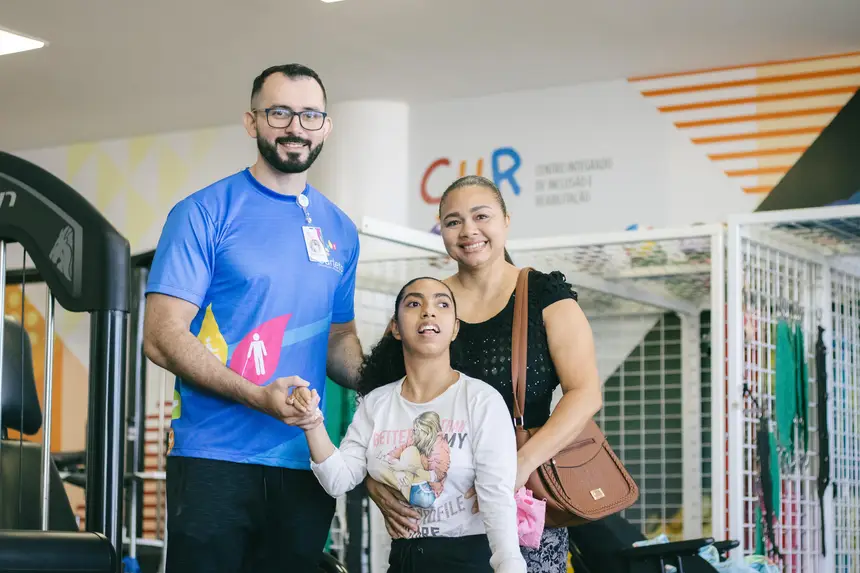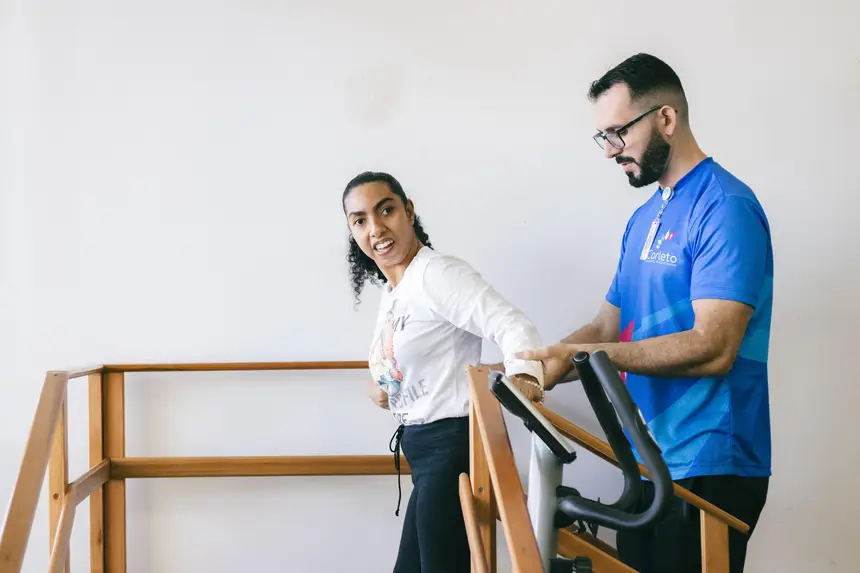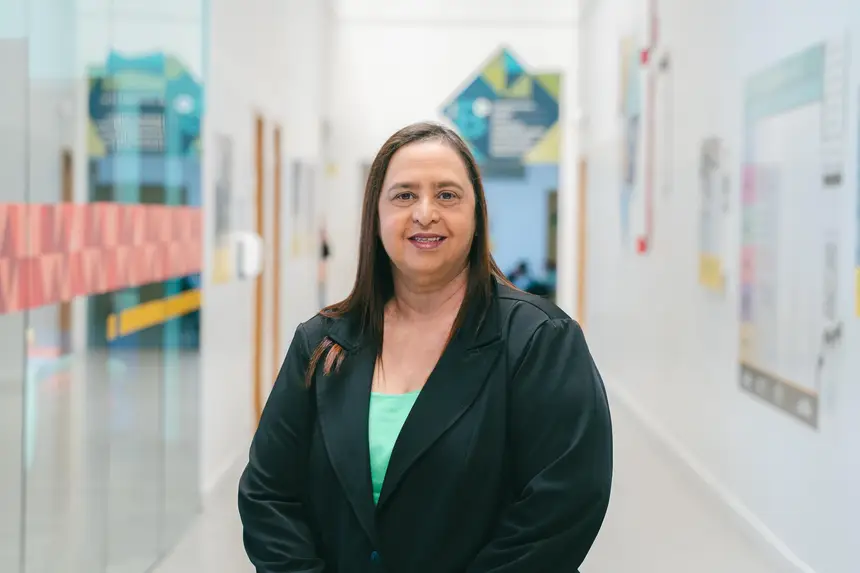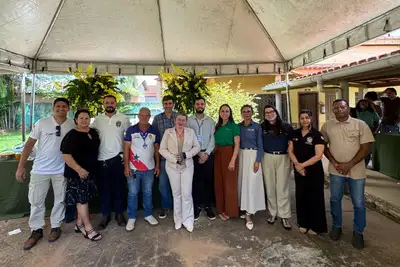CIIR surpasses 230,000 services and 64,000 exams in the first half of 2025
The Government of Pará's service strengthens humanized and integrated care, reflected in positive health indicators and user satisfaction
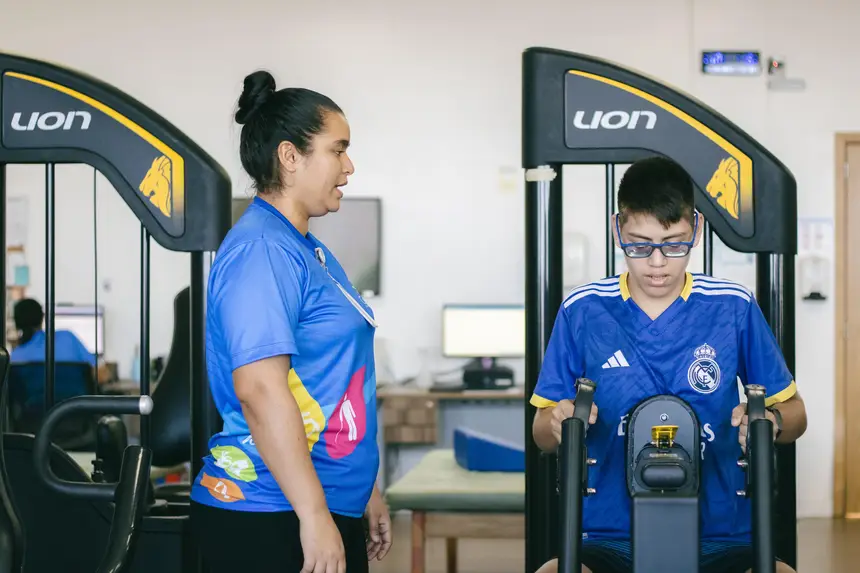
The Integrated Center for Inclusion and Rehabilitation (CIIR), in Belém, continues to consolidate its role as a reference in specialized care for people with disabilities (PcD) within the state health network, which encompasses all 144 municipalities of Pará. In the first half of 2025, the unit reached a total of 231,322 services, including consultations, exams, and rehabilitation services, provided by a multidisciplinary team.
During the same period, CIIR also conducted 64,092 exams, surpassing the numbers recorded in the same period of 2024, which totaled 191,721 services and 38,434 exams. Furthermore, from January to June 2025, CIIR maintained a user satisfaction rate above 90%, according to data from the User Service (SAU).
Welcoming and advancements in rehabilitation
The results reflect the effectiveness of CIIR's care planning, which offers specialized support to people with disabilities and other conditions requiring medium and high complexity care.
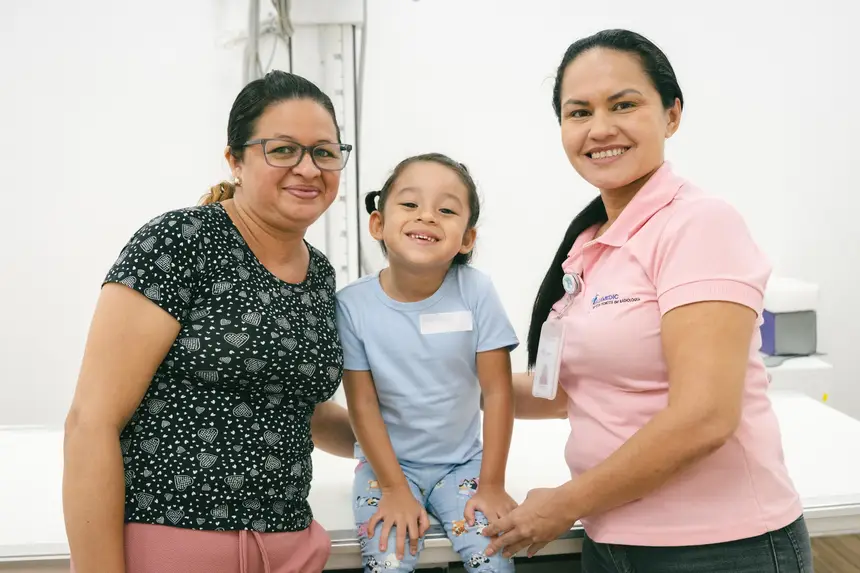
An example is Maria Helena, 4 years old, who was at the institution last week to undergo a radiographic exam as part of an orthopedic investigation. The girl has cerebral palsy and has been followed by CIIR for two years.
The user's mother, Francinete Ferreira, 40 years old, highlights the welcoming atmosphere. “From the moment we entered, we were treated with great care and respect. Here, my daughter is well taken care of, and that gives me security,” said the housewife and full-time caregiver.
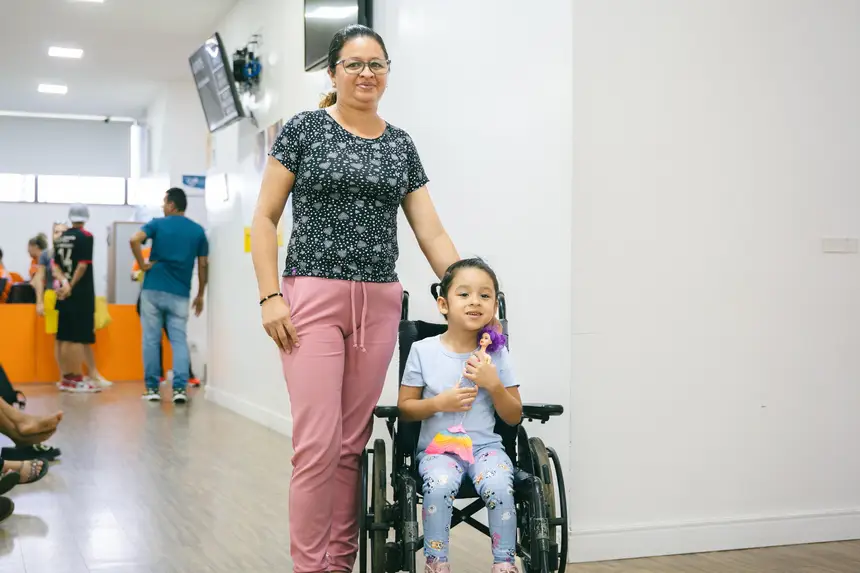
Francinete reports the progress her daughter has made during treatment. “When she arrived, she crawled, she couldn't stand up. After a year and four months of physiotherapy, she started to gain strength in her legs and took her first steps. Now, just about to turn five, she can walk by herself and almost run. I can only thank God and the CIIR team for everything they have done for her.”
Structure and operation of SADT
According to the coordinator of the Outpatient Clinic, Silinne Baia, the exams are conducted at the Diagnostic Therapeutic Support Service (SADT), located in Block B, with a structure that ensures efficiency, safety, and a welcoming environment for users.
“The SADT team operates based on well-defined protocols and organized workflows. Exams are scheduled in advance, and users receive all the guidance for proper preparation. During the service, we follow safety standards, verify the medical request, and correctly identify the patient. All of this is done with empathy, active listening, and humanization,” emphasized the coordinator.
Silinne highlighted that the professionals involved are continuously trained, ensuring technical excellence and safety at all stages. The integration between reception, technicians, nursing, and the medical team allows for agile, coordinated, and user-centered care.
She also pointed out that conducting exams within the institution contributes to early diagnoses, continuity of care, and quick medical decision-making, in addition to avoiding interruptions in treatment and reducing the need for external referrals.

“In the first half of 2025, SADT surpassed the mark of 60,000 exams performed. This demonstrates the high demand and reinforces the strategic importance of the service for the resolution of care and the agility of clinical actions,” she concluded.
Numbers from the first half of 2025
- Outpatient services: 231,322
- Exams performed: 64,092
- Types of exams offered: 32
Most performed exams:
- Clinical Analyses: 41,225
- X-ray: 8,276
- Audiometry: 1,663
- Electrocardiogram: 1,084
- Magnetic resonance imaging without contrast: 1,005
Management and user-centered care
For CIIR's Assistant Director, Maria do Carmo Freitas, the results reaffirm the institutional commitment to qualified, humane, and resolutive care. “We remain steadfast in our purpose of providing care centered on the needs of our users, with active listening, technical excellence, and sensitivity. Each therapeutic plan is built based on qualified listening and understanding the clinical, functional, and social particularities of each person, which allows for more effective and person-centered care,” the manager emphasized.
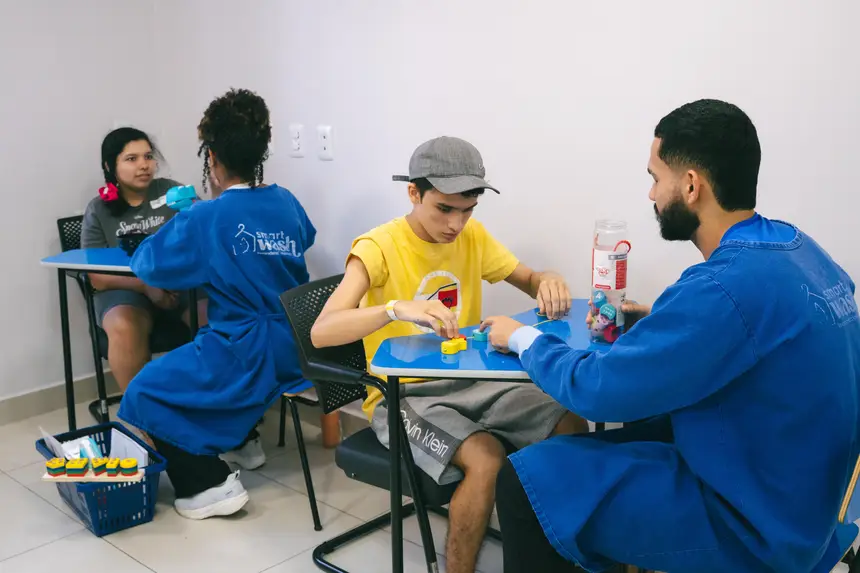
She also highlighted the importance of multidisciplinary action in strengthening assistance and the continuous investment in team training. “Educational campaigns, constant dialogue with professionals, and valuing user feedback are fundamental for improving services. The strategic management focused on quality reinforces our commitment to inclusion, dignity, and the promotion of quality of life,” concluded the manager.
Highlight – CIIR is a reference in Pará for medium and high complexity assistance to people with visual, physical, auditory, and intellectual disabilities. Users can access the Center's services through referrals from health units, welcomed by the Regulation Center of each municipality, which in turn forwards to State Regulation. The request will be analyzed according to the user's profile by the State Regulation System (SER).
Service: The Integrated Center for Inclusion and Rehabilitation is an agency of the Government of Pará managed by the National Institute for Social and Human Development (INDSH), in partnership with the State Department of Public Health (Sespa). It operates at Rodovia Arthur Bernardes, No. 1,000, in Belém. For more information: (91) 4042-2157 /58 /59.
Text: Tarcísio Barbosa / Ascom CIIR


